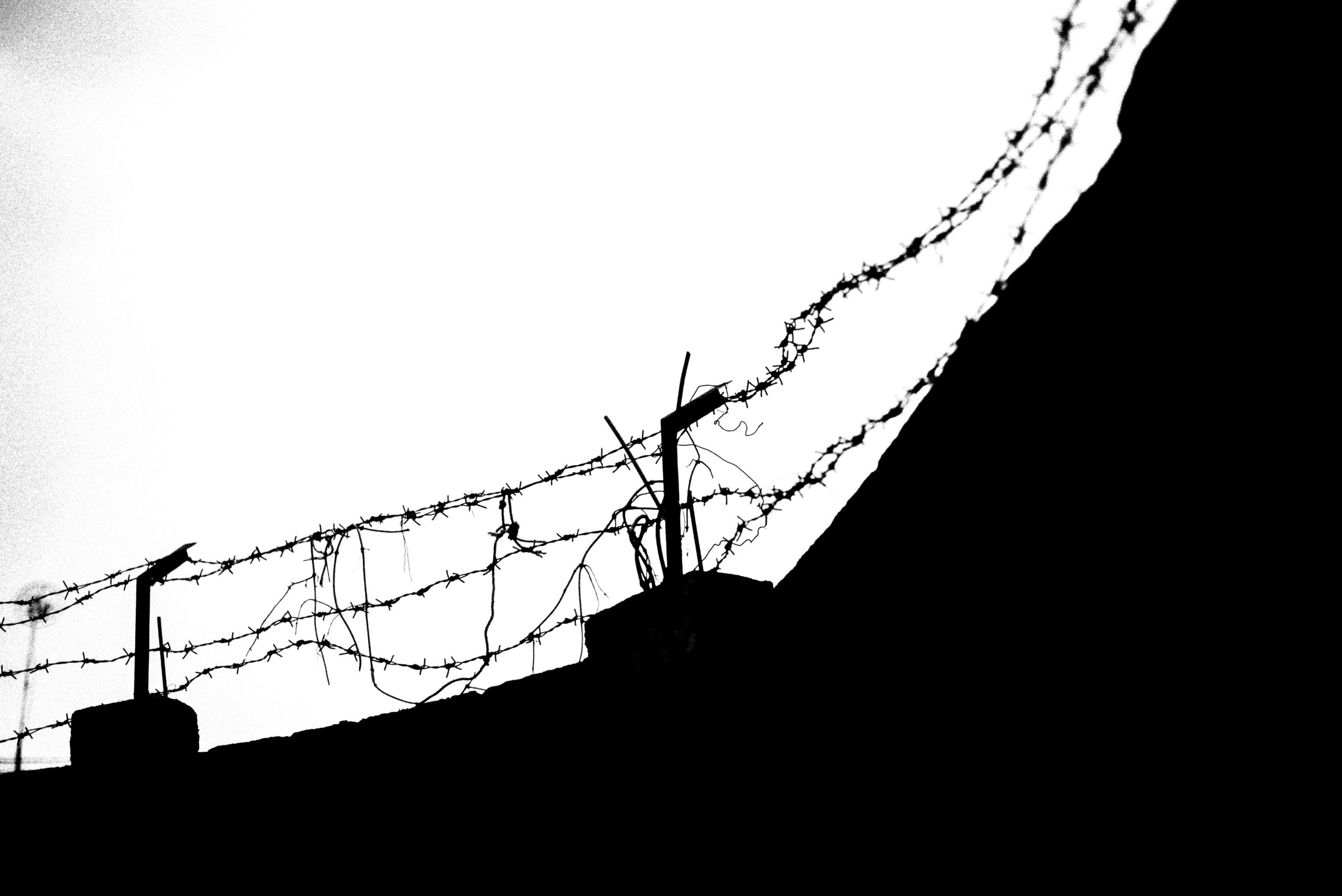Eurochild condemns the instrumentalisation of children and women in the European Parliament’s migration debate
Eurochild strongly rejects the divisive migration narrative reflected in the title of today’s European Parliament debate, which instrumentalises children and women and portrays people on the move as threats.
Ten years ago, the world was confronted with the image of Aylan Kurdi, a three-year-old Syrian boy who drowned while trying to reach safety and was found lying lifeless on a Greek shore. That photograph became the symbol of the human cost of Europe’s failure to provide safe routes for people seeking protection, many of them from Syria and Afghanistan.
Today, the European Parliament will hold a plenary debate titled “After 10 years, time to end mass migration now - protect our women and children.” Instead of remembering the EU’s moral and legal duty to protect children on the move, the title of the debate was framed in a way that instrumentalised women and children to fuel fear and justify restrictive policies.
What is the problem with the framing?
- By linking “mass migration” to the need to “protect our women and children,” the debate sets a polarising tone that portrays migrants - implicitly racialised and often men - as threats instead of recognising their rights and dignity.
- It ignores the fact that women and children on the move are themselves migrants in need of protection at every stage of the migration journey. Instead, it dehumanises them.
- Women and children, in this narrative, are instrumentalised as symbolic figures, stripped of their diverse realities and used as rhetorical tools to stir fear and justify restrictive migration policies.
- Speaking of “our” children creates a harmful division between “us” and “them,” fuelling exclusion and polarisation. It also echoes patriarchal and paternalistic language.
Migration and children’s rights
Migration is a human phenomenon, driven by fundamental needs and structural inequalities. In 2025, the drivers of migration have not diminished. In 2024, the number of children living in conflict zones reached one of the highest levels ever recorded. The reasons pushing families to flee - war, persecution, poverty, and the climate crisis - have only intensified. For children on the move, the risks have multiplied: many are exposed to violence, exploitation, and systemic discrimination at every stage of their journey, and too often denied their fundamental rights once they reach Europe. In the past decade, more than 3,500 children have died in the Central Mediterranean alone.
These realities contradict the UN Convention on the Rights of the Child, which guarantees all children the right to non-discrimination (Art. 2), protection (Art. 22), and to have their best interests taken as a primary consideration (Art. 3). They also clash with the EU Charter of Fundamental Rights, which enshrines children’s rights (Art. 24) and the right to asylum (Art. 18).
Addressing myths with evidence
Over the past decade, a consistent pattern has emerged across Europe: increases in immigration have not resulted in rises in overall crime rates. For instance, a 2024 cross-country study covering 55 nations, including EU Member States, found no link between immigration levels and crime trends. Likewise, analyses of German and UK data show that although immigration has increased sharply, crime has stayed steady or even declined. What fuels insecurity is not the presence of migrants, but the lack of safe pathways and social inclusion once they arrive.
Rejecting divisive narratives and upholding children’s rights
A report published earlier this year by the European Commission itself warns about the dangers of divisive migration narratives, which can exploit people's pre-existing fears and anxieties, undermine trust in institutions, and fuel xenophobia and social divisions. Eurochild’s contribution to the EU Anti-Racism Action Plan highlights that migrant children and children with a migrant background are at particular risk of discrimination, including in education, healthcare, housing, and access to child protection systems. They are too often excluded in practice from policies like the European Child Guarantee, despite being among those most in need.
Instead of exploiting fear, the European Parliament should discuss how to address the root causes of forced migration. This includes taking responsibility for Europe’s colonial past and its global impact, investing in development, stability and resilience in countries of origin, expanding safe and legal pathways to protect children and families seeking asylum and strengthening child protection systems to ensure equal access to services for all children. Creating safe spaces and mechanisms for children with a migrant background to express themselves and engage with the decision makers is a vital step towards shaping narratives on migration.
Ten years after that image on a European shore, the lesson should not be to shut Europe’s doors, but to open our eyes to children’s rights and dignity - wherever they come from. The European Parliament and EU leaders must reject divisive narratives and reaffirm that every child in Europe, including migrant and refugee children, has the same rights to protection, services and participation. Anything less risks undermining the very values on which the Union is built.
For more information, contact Francesca Pisanu, EU Advocacy Officer, francesca.pisanu@eurochild.org





